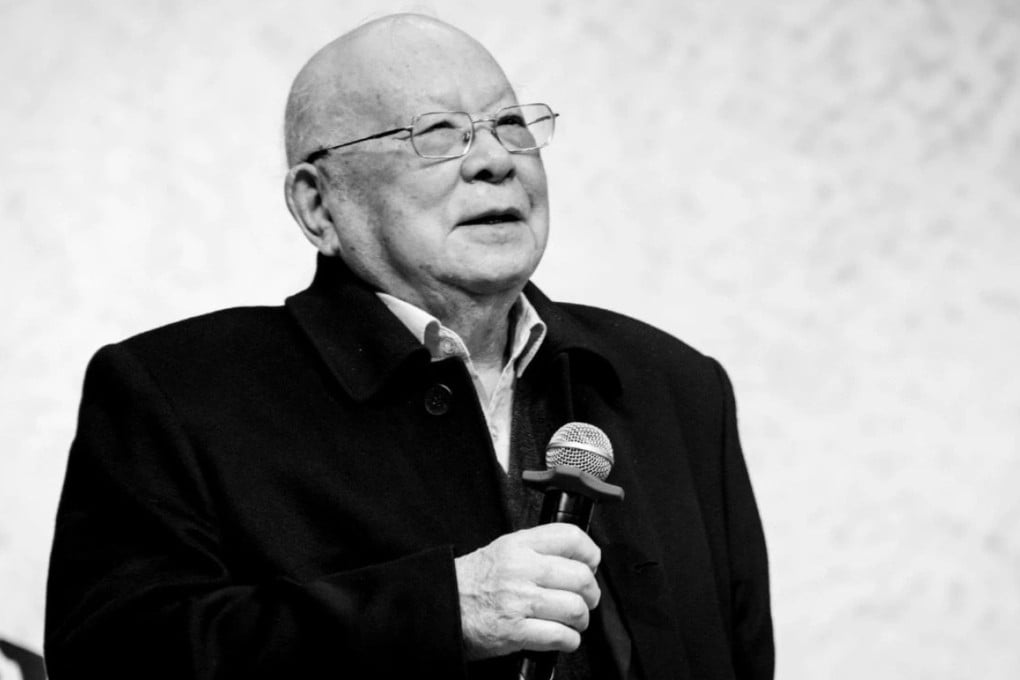Obituary | Chinese scholar Jiang Ping, who helped lay legal foundation for market economy, dies at 93
- Jiang Ping was known as the ‘conscience’ of the profession and for his advocacy for the rule of law
- He played a role in drafting key legislation including corporate, trust, contract and property laws

Jiang Ping, a prominent law scholar who helped build the legislative foundation for China’s market economy, died in Beijing on Tuesday. He was 93.
Jiang was also known to many as the “conscience” of the legal profession in China and for his advocacy for the rule of law.
Born in Ningbo, Zhejiang province in 1930, Jiang went to Beijing in 1948 to study journalism at Yenching University, whose motto was “Freedom through truth for service”.
Two years later, Jiang was among the first group of Chinese students sent to Moscow. He excelled at his studies, graduating from the University of Moscow’s law school a year early in 1956.
Jiang went on to teach and research civil and commercial law at the Beijing College of Political Science and Law.
But in 1957, events in China again took over and Jiang was caught up in Mao Zedong’s Anti-Rightist Campaign.